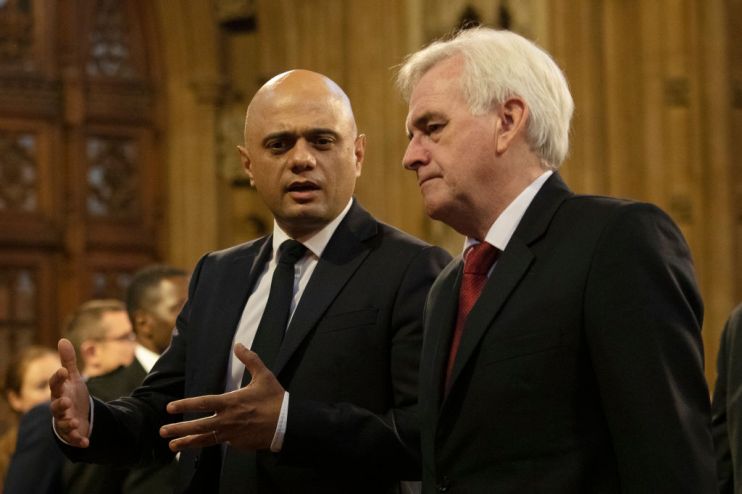UK public spending set to hit 1970s levels after election, think tank says

Government spending is set to surge back to 1970s levels whoever wins the upcoming General Election, research from the Resolution Foundation think tank has shown today.
Read more: Hey, big spender: IFS boss Paul Johnson on the end of economic orthodoxy
The Conservatives and Labour have discarded the economic orthodoxy of the last decade that said public spending should be cut. The parties have in recent months entered a bidding war, with both promising spending splurges for the NHS, schools, and infrastructure.
Chancellor Sajid Javid has pledged to increase spending by almost £14bn next year, including £6.2bn for the NHS and £1.5bn for local social care. The government has not yet laid out full plans beyond 2021, but it is highly likely that the Tories will promise more spending as part of the election campaign.
The Labour party has been even more expansive with its spending pledges. Its 2017 manifesto would raise public spending by over £50bn a year to fund to fund policies such as free university education.
Labour has since promised more spending, such as leader Jeremy Corbyn’s announcement yesterday of £60bn more spending for home energy upgrades by 2030.
The Resolution Foundation today said this rapid growth in spending would return spending as a share of GDP to levels not seen since the 1970s, a decade associated with rampant inflation and unemployment.
Under the Tories’ plans, government spending would rise to 41.3 per cent of GDP by 2023, up from 40 per cent in 2018, the report said. This is only marginally below the 42 per cent average between 1966 and 1984.
With Labour’s 2017 promises, spending would rocket to 43.3 per cent of GDP. “This would mean the size of the state under Labour being significantly above the 1970s average,” the Resolution Foundation said.
Douglas McWilliams, deputy chairman of research institute Cebr, said: “Unusually, it appears that the choices made in the coming election will have an impact on the shape of the economy.”
He predicted a Conservative win would lead to “a stronger service sector”, and said if Labour were the biggest party there would be “a stronger public sector”.
Matt Whittaker, deputy chief executive at the Resolution Foundation, said: “After an unprecedented decade of austerity, both main parties are gearing up to turn the spending taps back on.”
Read more: UK spending rules should focus on investments rather than debt, economists say
“The fact is that whatever promises are made over the course of this election campaign, taxes are going to have to rise over the coming decade.”
(Image credit: Getty)